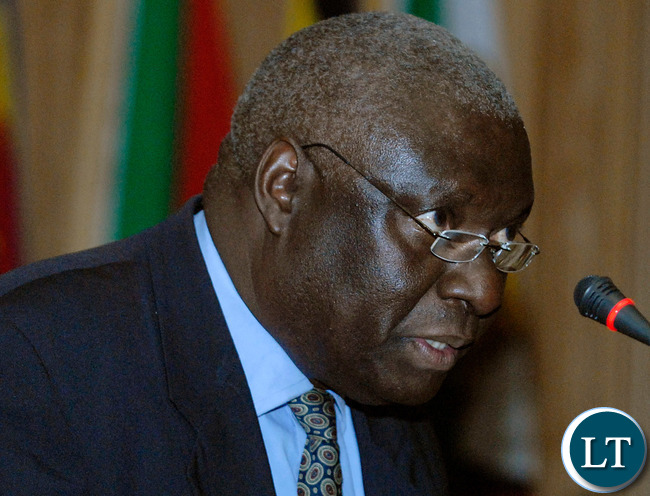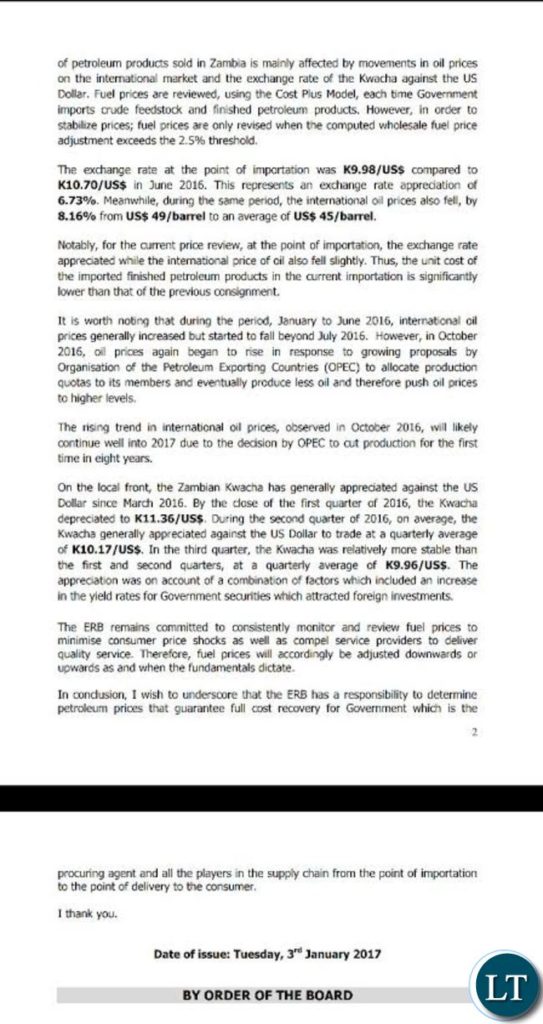Steven Mwakihoo, is struggling with preparation to ferry his pregnant wife to attend her monthly clinic to a dispensary some 18 kilometres away from the couple's village. Photo| Daniel Mbega of Maendeleo Vijijini blog.
STEVEN Mwakihoo (45), a resident of Makungu village, Ukwega ward in Kilolo district, Iringa region, is preparing to take his pregnant wife, Egla Kikoti (34) on a bicycle to attend her monthly clinic at Ipalamwa dispensary, about 18-kilometres away from the couple’s village.
It is very difficult to carry a pregnant woman like Egla on a bicycle from Makungu to Ipalamwa due to the long distance, dilapidated road and the scorching sun – these are just a few of the difficulties.
The environment of the area is a hilly and not friendly, but especially so when you are carrying someone in Egla’s condition, a situation which makes it hard for many villagers using bicycles as their main means of transport to access health services.
“Most of the time I have to get down and push my bicycles because I can’t paddle it on the mountainous way due to steep slopes. If it wasn’t my wife’s condition, I wouldn’t have toiled this much,” admits Mwakikoti, a father of three.
"I think this could be the last pregnancy for my wife. It is hard. I have endured this every time my wife gets pregnant but now I think it’s enough,” he adds.
But as hard as it is for Mwakikoti, the bicycle rides to and from Ipalamwa dispensary which is the nearest health centre have been somewhat harder for his wife and for their family as a whole.
Mwakikoti says, apart from being tired of carrying his wife on his bicycle, like most villagers, he is also facing another challenge which is the skyrocketing costs of hiring vehicles to ferry pregnant women from their village to Ilula designated district hospital which is located some 60 kilometres away from their village.
“Vehicle owners have been charging us up to TShs. 280,000 to ferry patients to Ilula designated district hospital, the cost which many poor villagers here cannot afford,” he says.
An investigation conducted by this reporter in the district revealed that more than 40,000 residents in the district are forced to walk over long distances carrying their patients on stretchers to reach the hospital.
It is, however, estimated that more than 12,000 residents of Makungu village in Ukwega ward walk with their patients for over 15 kilometres to reach the Ipalamwa dispensary. Unfortunately, this has led to pregnant mothers to deliver on their way while being taken to hospital.
“This has claimed some pregnant women’s lives and has forced some residents to move to areas that are near the dispensaries and health centres as delivery day approach,” says Brown Kikoti, a resident of Makungu village.
Makungu village executive officer, Japhet Mlwale, says that the area becomes worse during spring when the roads become very slippery and at times impassable.
“Our roads, as you can see them, are very dangerous. They are never repaired, if they were good, vehicles owners would have brought their vehicles and made transport easier especially during the rainy season,” he says.
A similar situation is experienced by residents of Kimala, Idete and Masisiwe wards.
A resident of Kimala, Eliya Nyamoga, complained that they are charged TShs. 70,000 to hire a government Ambulance to take a patient to Kidabaga health centre. The money is required to be paid first before getting service and they are never issued receipts.
“If you don’t pay you can’t get this service. So for most of us rural dwellers who depend on subsistence farming it is very difficult to get this service. Where does one get this money?” he asks.
The 2012 housing and population census show that Ukwega ward has a population of 12,195, Idete 8,059, Masisiwe 10,039 and Kimala 7,649, yet all these area lack reliable transport services as well as healthcare.
Unfortunately, the problem of poor maternal health services is not confined to Kilolo district only but the whole Iringa rural areas as Edna Harold Chelea, a resident of Mafinga in Mufindi district explains.
“Pregnant mothers experience a lot of problems such as being forced to walk over long distances to reach health centres because of inadequate of social and health services.
For us, the government health policy of giving free medical services to pregnant women is useless as health centres are very far from most villages,” she says.
Edna adds that, even at the district and regional hospitals, many pregnant mothers are not timely attended and some lose their lives at the hospital premises, leave alone the critical shortage of beds and bedding.
Childbirth continues to be dangerous for both mother and child in Tanzania and the country has recorded a dismal performance in reducing maternal mortality compared to children deaths.
According to the Ministry of Health, Social Welfare and the Aged, currently the number of maternal deaths has declined from 578 to 454 for every 100,000 live births as opposed to that of children which has dropped to 81 from 162 live births, making the country one of 49 nations in Africa that account for ninety eight per cent of women and children deaths in the world.
The National Health Policy of 1990 is aimed at improving the health status of all people wherever they are, in urban and rural areas, by reducing morbidity and mortality and raising life expectancy because physical, mental and social wellbeing is a major resource for economic development.
Specifically, the policy is aimed at reducing infant and maternal morbidity and mortality and increasing life expectancy through the provision of adequate and equitable maternal and child health services, promotion of adequate nutrition, control of communicable diseases and treatment of common conditions.
Women face many challenges during pregnancy and delivery, among them being inadequate health care, lack of faith in biomedicine, support from men and lack of access to hospitals, leading some of them to deliver at home.
“Many women in the village deliver at home because of lack of nearby health care facilities,” says Mariam Kaduma (58) a mother of four and resident of Masisiwe in Kilolo district, some 156 kilometres from Iringa town.
However, in regard to the revised health policy of June 2007, healthcare for pregnant women at dispensaries, health centres and hospitals are supposed to be adequately given on time. This policy also directs that all special groups should be given such services free of charge.
The government states in the policy that it recognizes the presence of some special groups such as pregnant women and children less than five years who cannot afford cost sharing of health services.
The funds to cover these costs are supposed to come from the budget of the Ministry of Health, Social Welfare and the Aged and other stakeholders including development partners through Basket Funding.
“The infrastructures in many dispensaries, health centres and hospitals are very poor as they have not taken into consideration the population increase. The health policy which requires every village to have a dispensary and health centre for the ward is yet to be implemented,” says Edna Harold Chelea.
Kilolo district acting medical officer, Michael Simwanza, said the district has only 50 dispensaries for 106 villages and that there are only two health centres, one being the Ilula designated district hospital under the Rvangelistic Lutheran Church, Iringa Diocese, and the Kidabaga health centre.
He said many villages in the district face the problem of lack of health services compounded by the fact that there are only two ambulances for the whole district, one owned by Kidabaga health centre and the other by Ilula designated district hospital.
Kilolo district commissioner, Gerald Guninita, said that he had no information of residents having to hire ambulances and not being given receipts. He promised to work on the problem.
“The driver is paid a salary; the ambulance is fueled to provide public service, how come the ambulance is hired to the public for the public service it is supposed to render? Where in the district council does that money go? I must make follow up,” said the DC.
“If the government’s plan of constructing a dispensary for each village had been implemented, there wouldn’t have been transport problems,” he added.
Health Secretary for Iringa region, Adeodatus Mhagama, said according to the health policy, the services are supposed to be given free of charge.
On his part, the Chief Medical Officer of Iringa Municipality, Dr. May Alexander, said that the problem of shortage of drugs and medical equipments is caused by the government itself.
“The drugs and medical equipments are not delivered on time, as a result patients have to shoulder the burden of high health costs,” he said.
Currently, the government is trying to extend coverage of the National Health Insurance Fund (NHIF), a compulsory health insurance scheme established by the Act of Parliament No. 8 of 1999 with the main objective of ensuring accessibility of health care services to all central government employees.
The Minister for Health, Community Development, Gender, the Elderly and Children, Ms Ummy Mwalimu, told the National Budget Assembly that the ministry would come with a bill for a review of the NHIF to make it mandatory for all Tanzanians to join the health insurance fund.
Presenting the budget estimates for her ministry for the 2016/2017 financial year, the minister said among other things, the bill would propose that all Tanzanians should join the health insurance fund.
The Act establishing the Fund was further amended to include private sector institutions, individual members and their respective legal dependants that joined the Fund on voluntary basis Enrolment in the NHIF is mandatory for formal sector employees and voluntary for all informal sector workers.
The scheme offers a wide range of preventive and curative medical care benefits.
Ms Mwalimu said NHIF would in the forthcoming 2016/2017 financial year extend the beneficiaries of the health insurance scheme to all under-18 years old children irrespective of their relationship with the contributor.
She said extension of the range of beneficiaries of the health scheme would enable children in extended families or those under the care of guardians benefit from the health service.
According to Ms Mwalimu, NHIF would conduct an actuarial valuation to evaluate its ability to provide service for long time. Preparations for the actuarial have already started and one among the terms of reference is to look at the best way of joining the NHIF and the Community Health Fund (CHF), she said.
According to her, beneficiaries of NHIF and CHF reached 11,729,281 as at December, 2015, which is equivalent to 27 per cent of all Tanzanians, according to the 2012 census. NHIF beneficiaries were 3,338,755 while CHC beneficiaries reached 8,390,526, she told the House.
However, rural dwellers who are registered with the health insurance scheme do complain that they can’t get services due to the shortage of medicines in most health centres, something that the government must look at.









